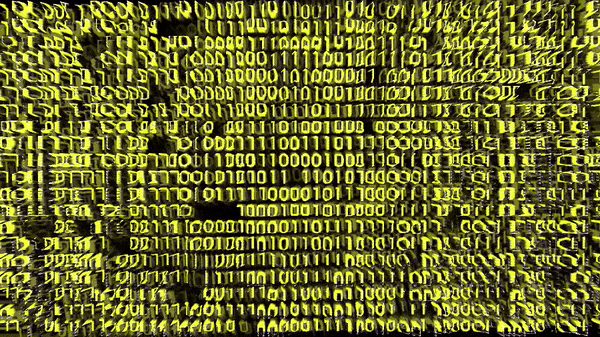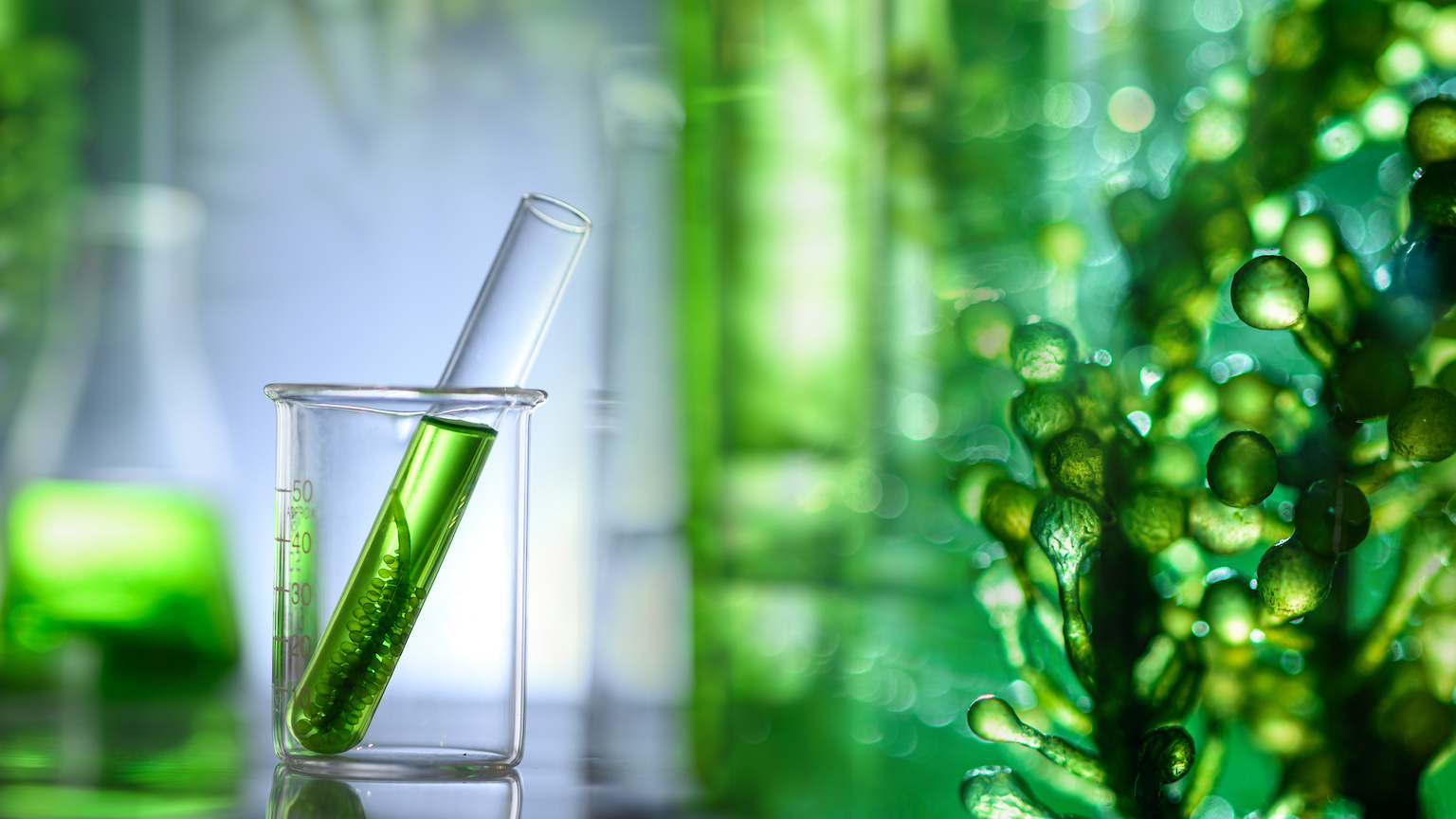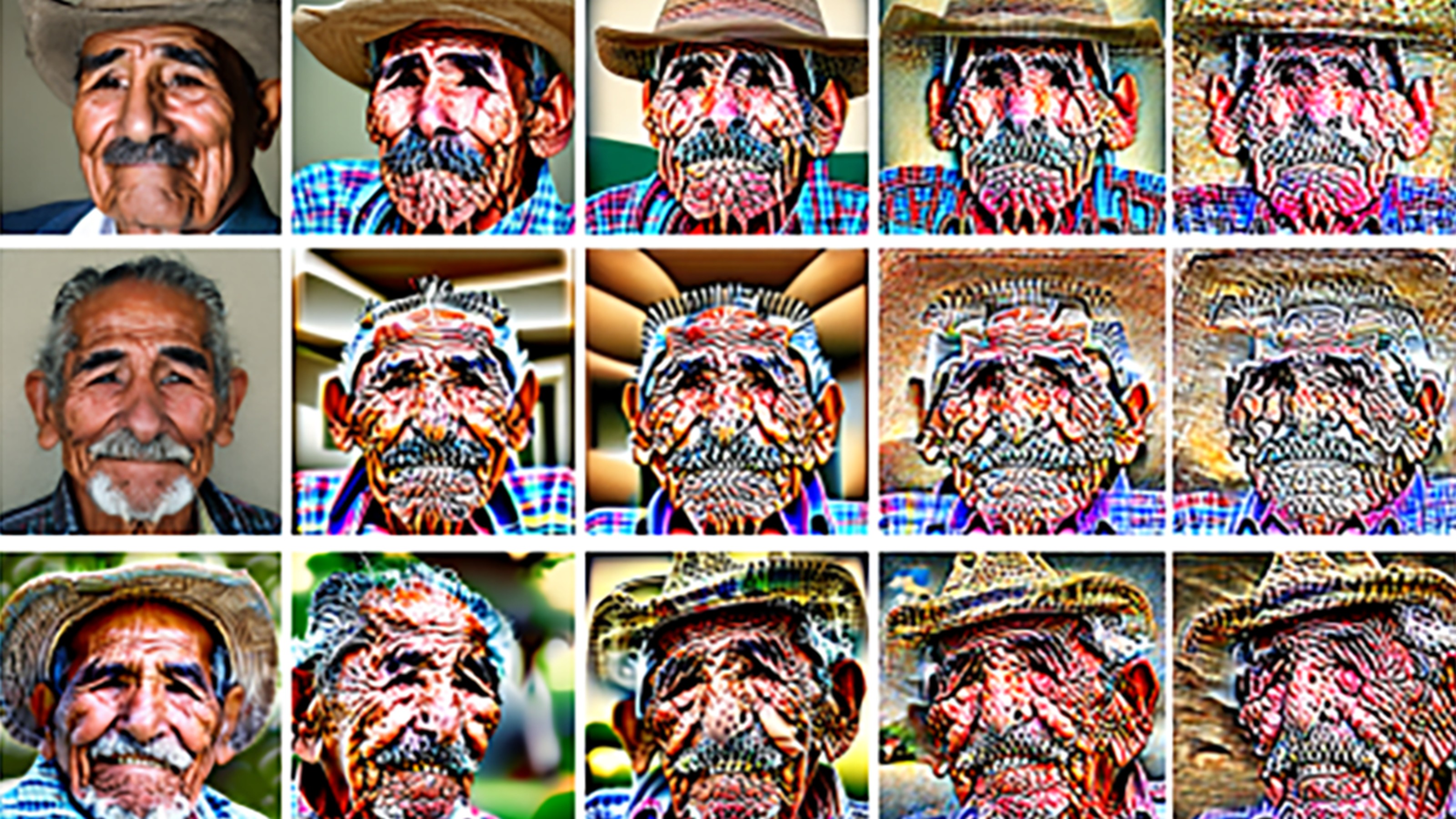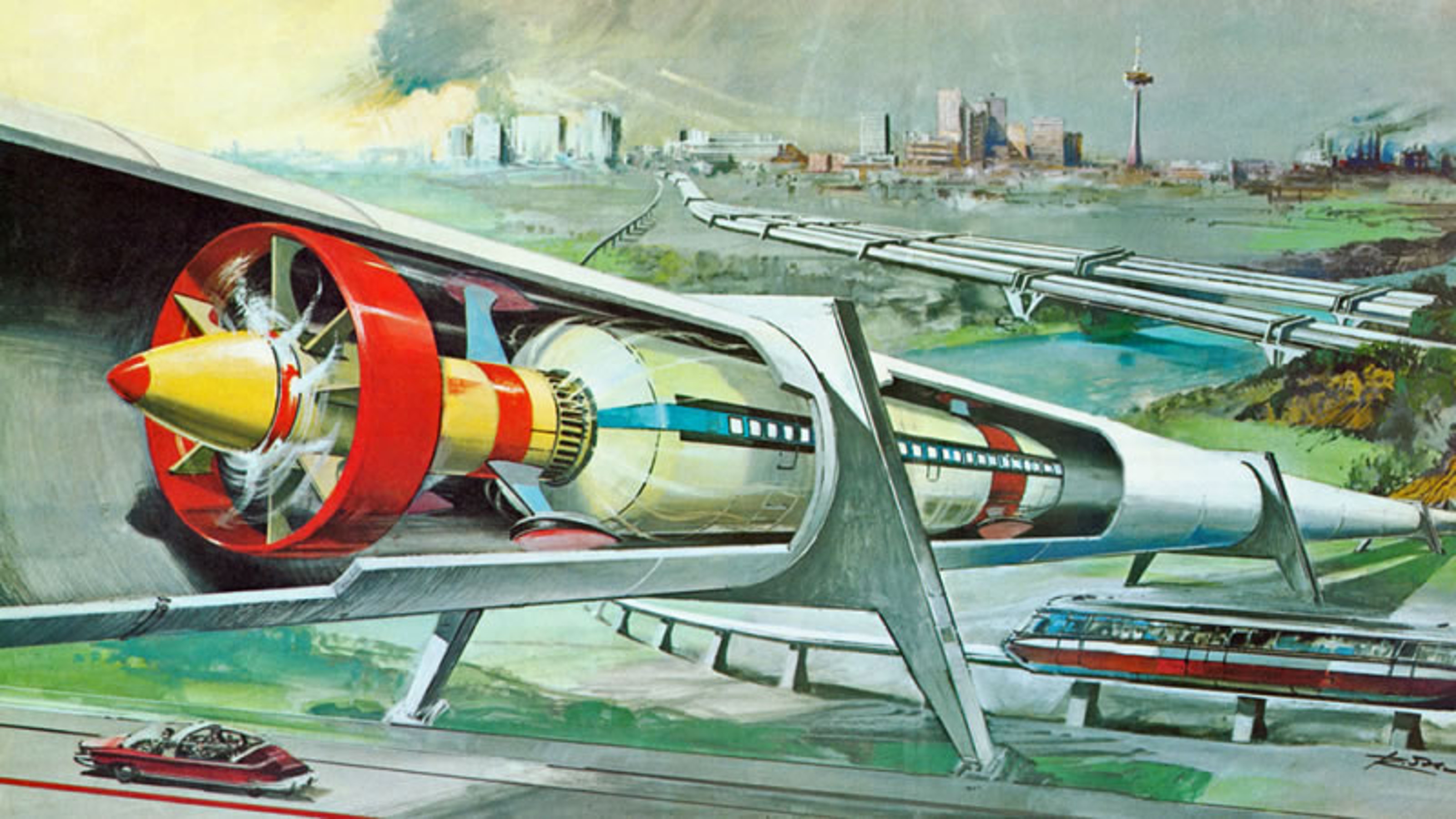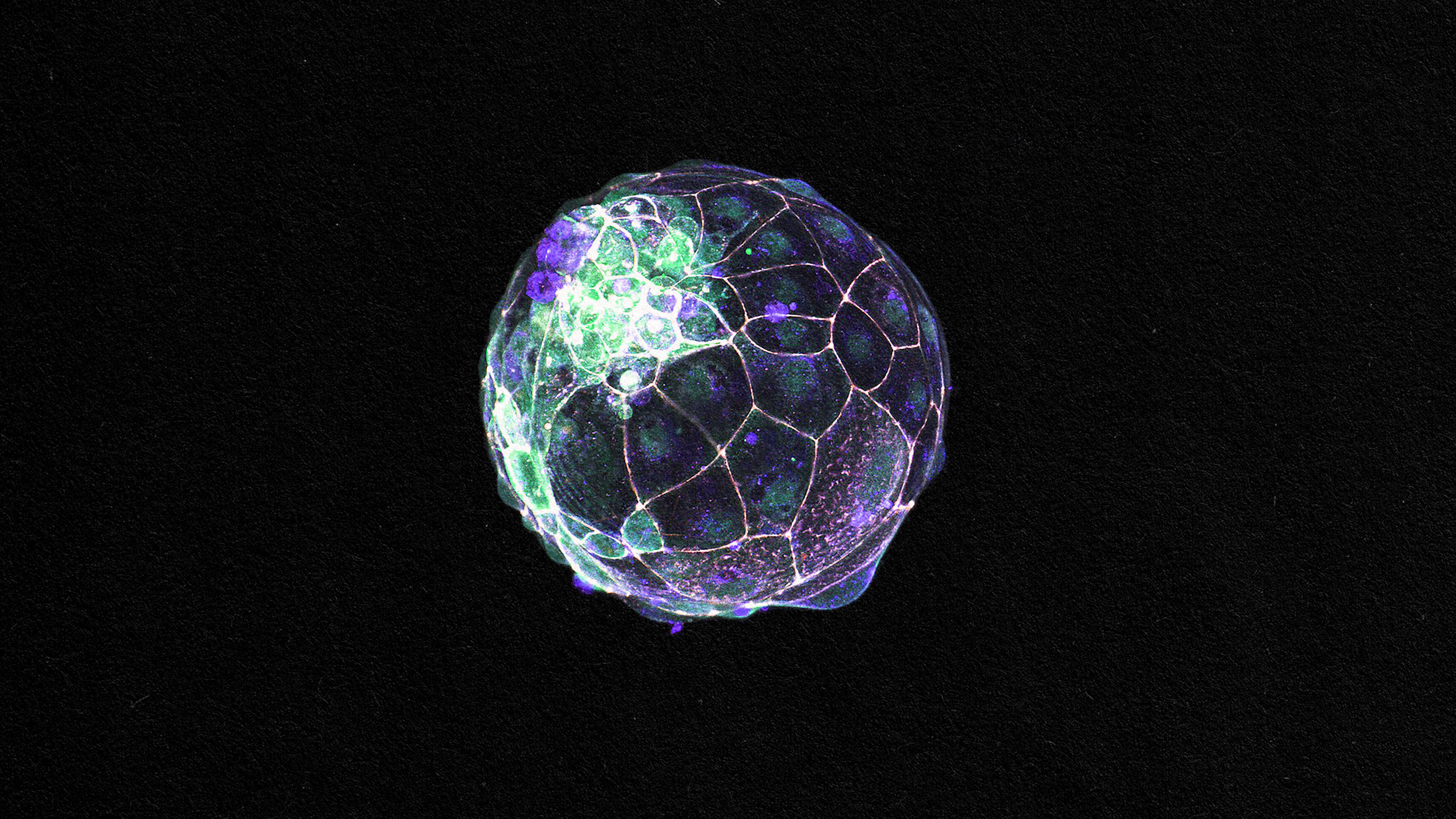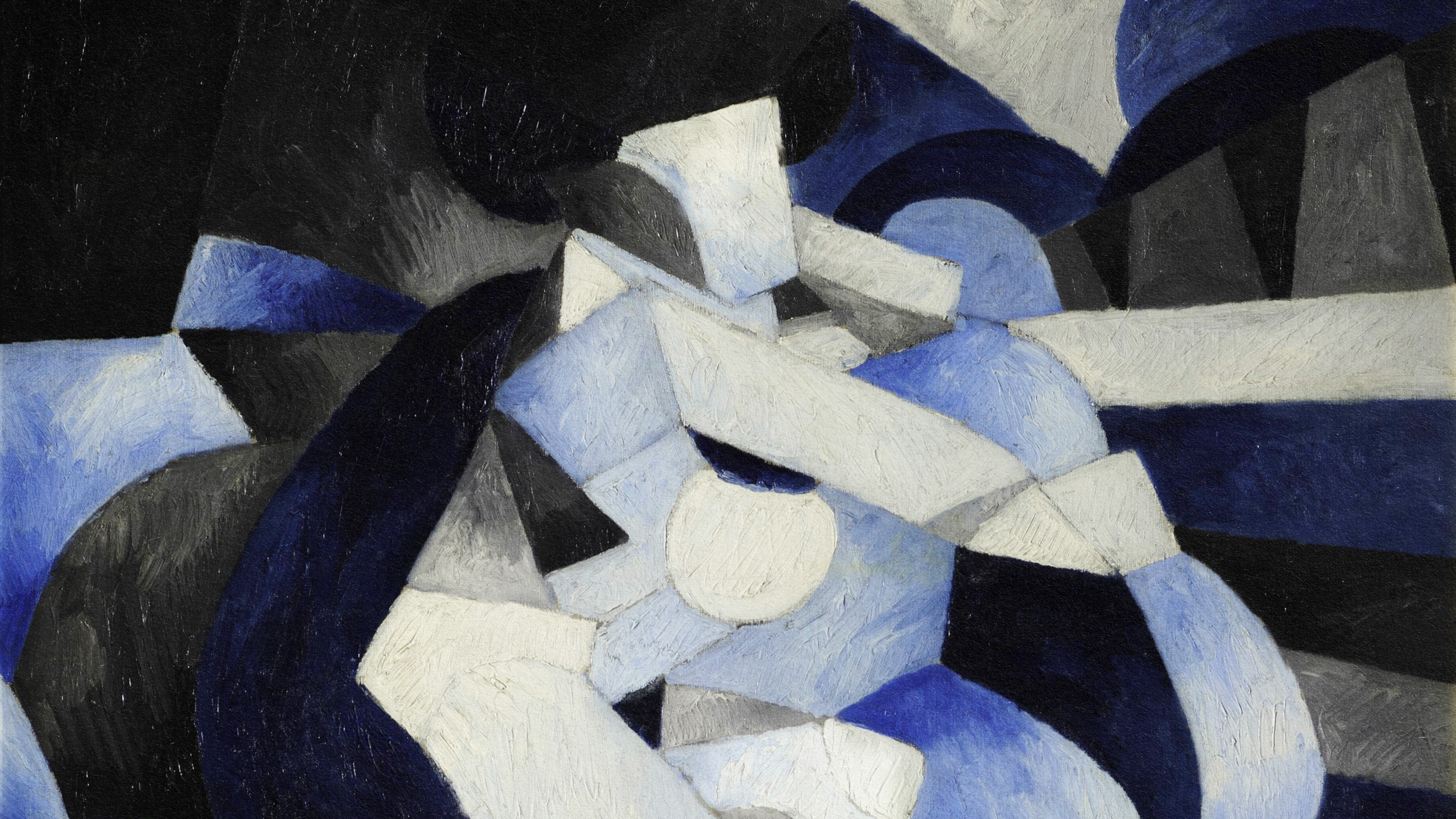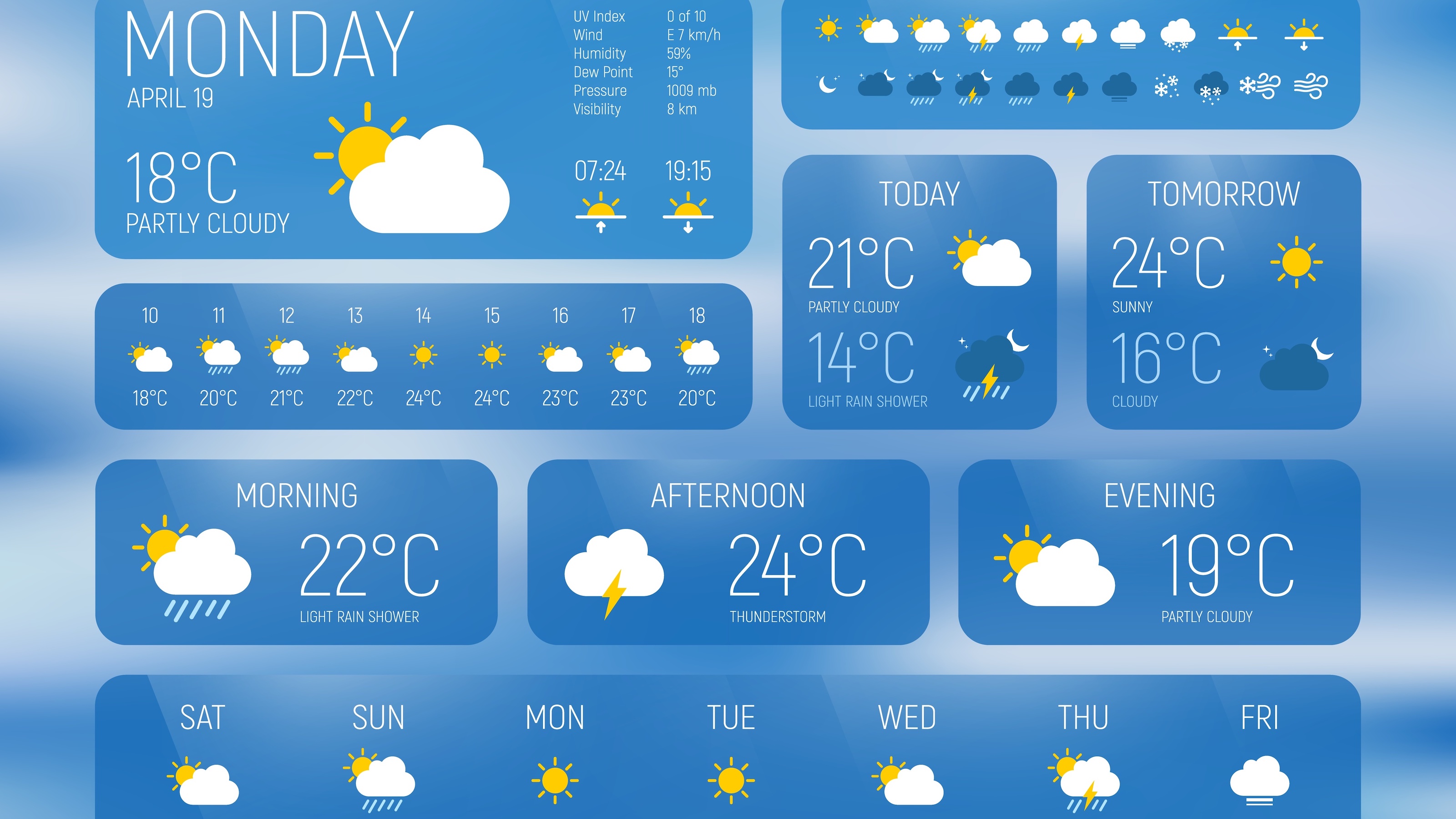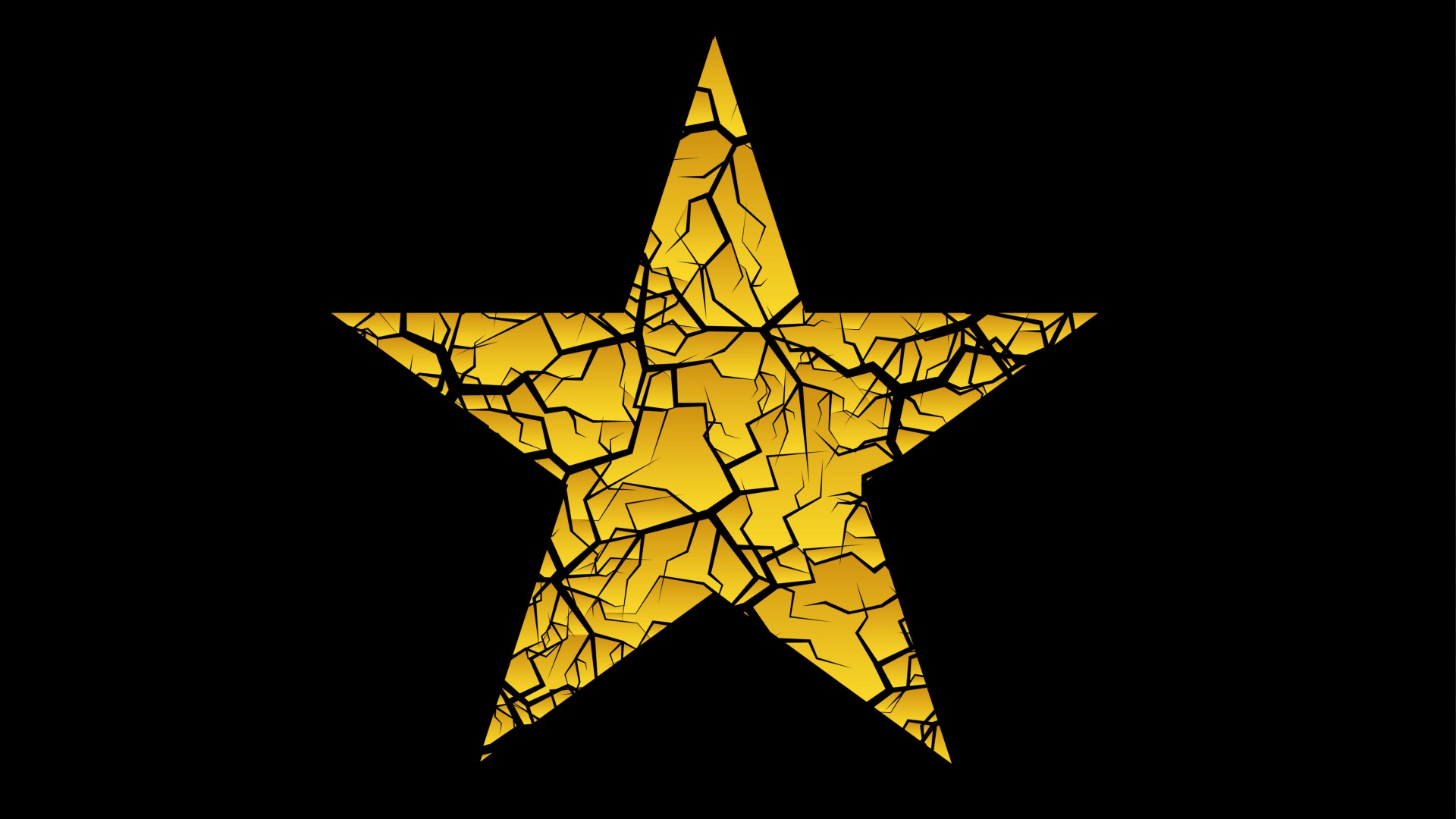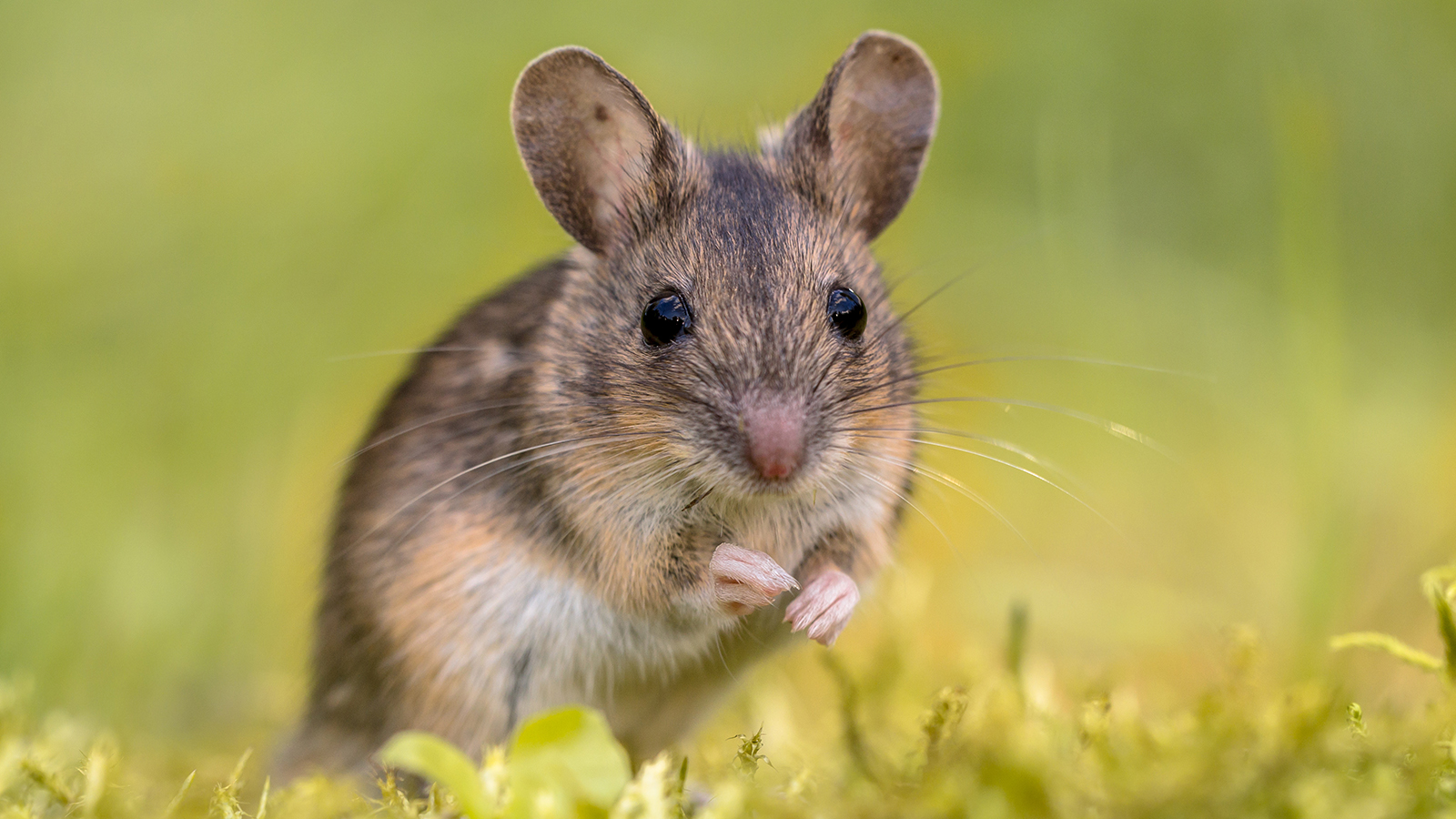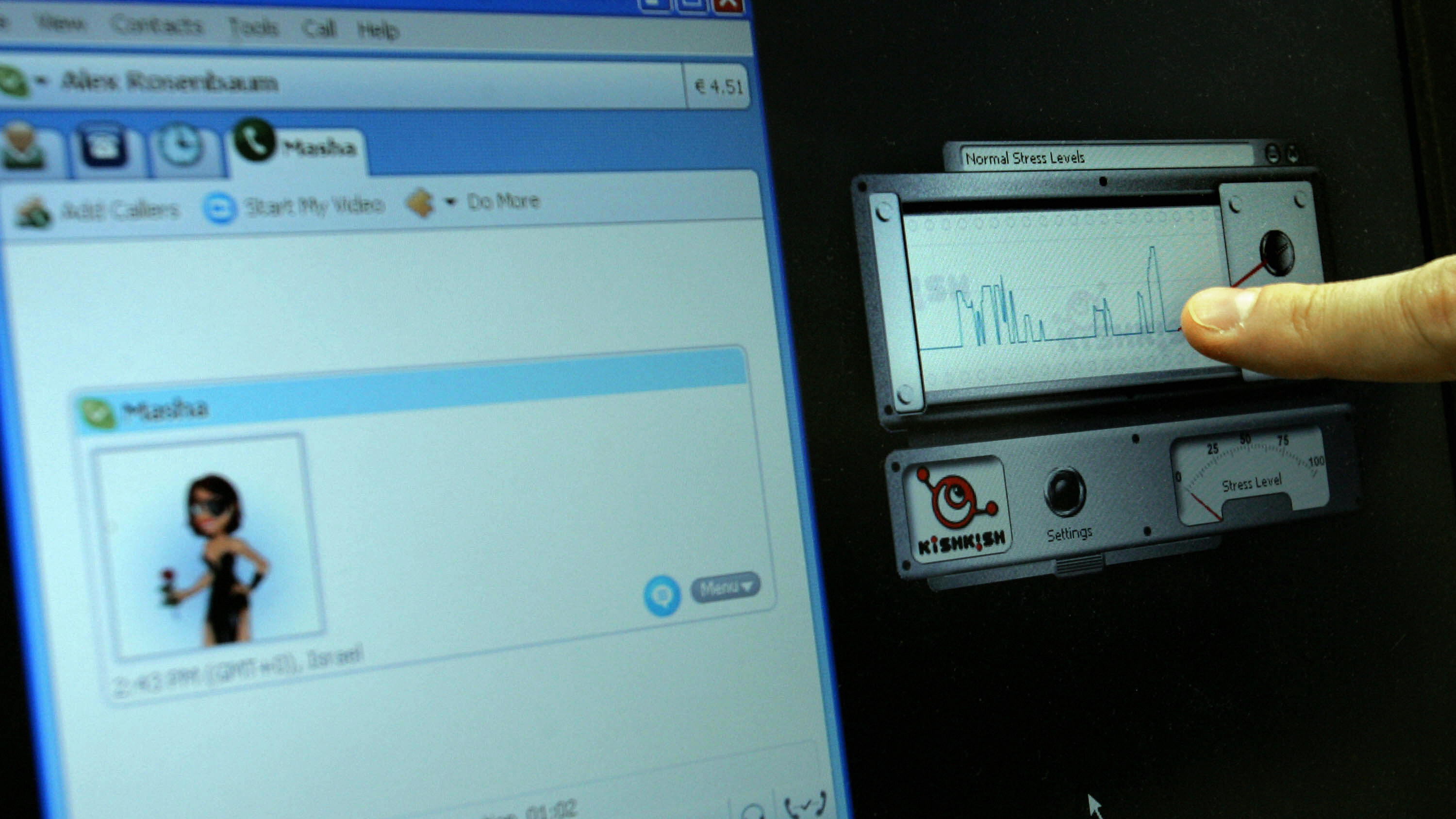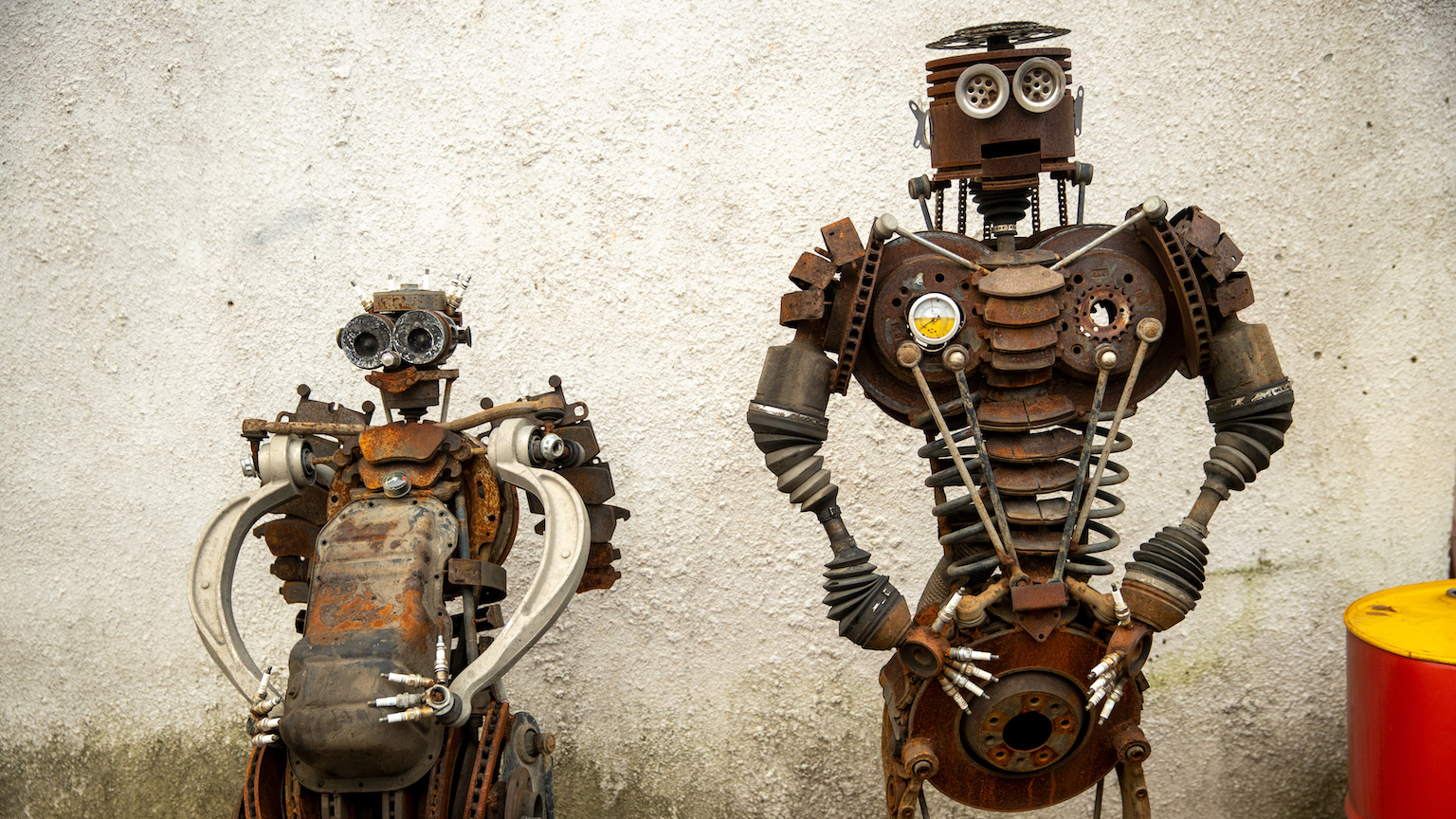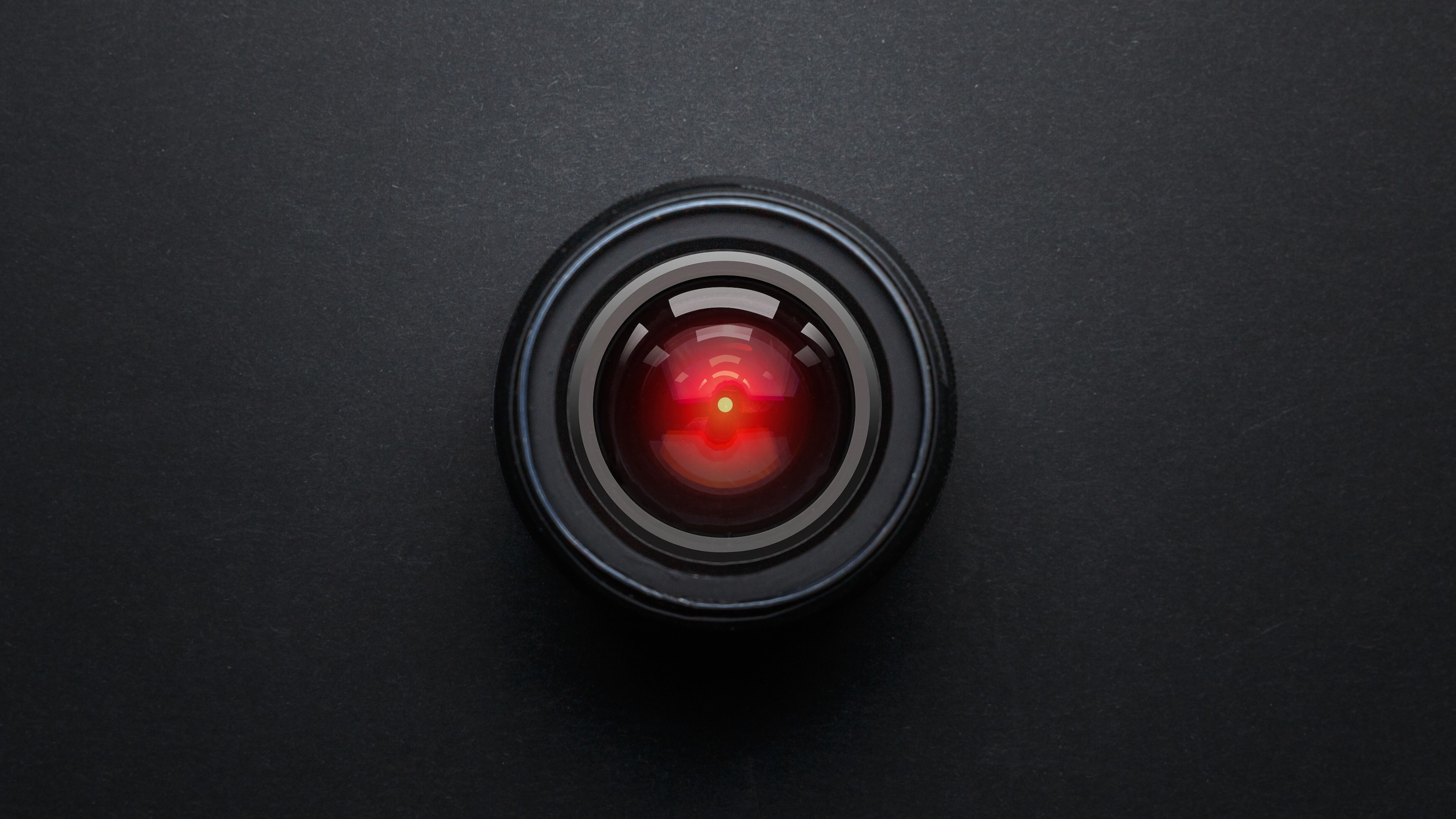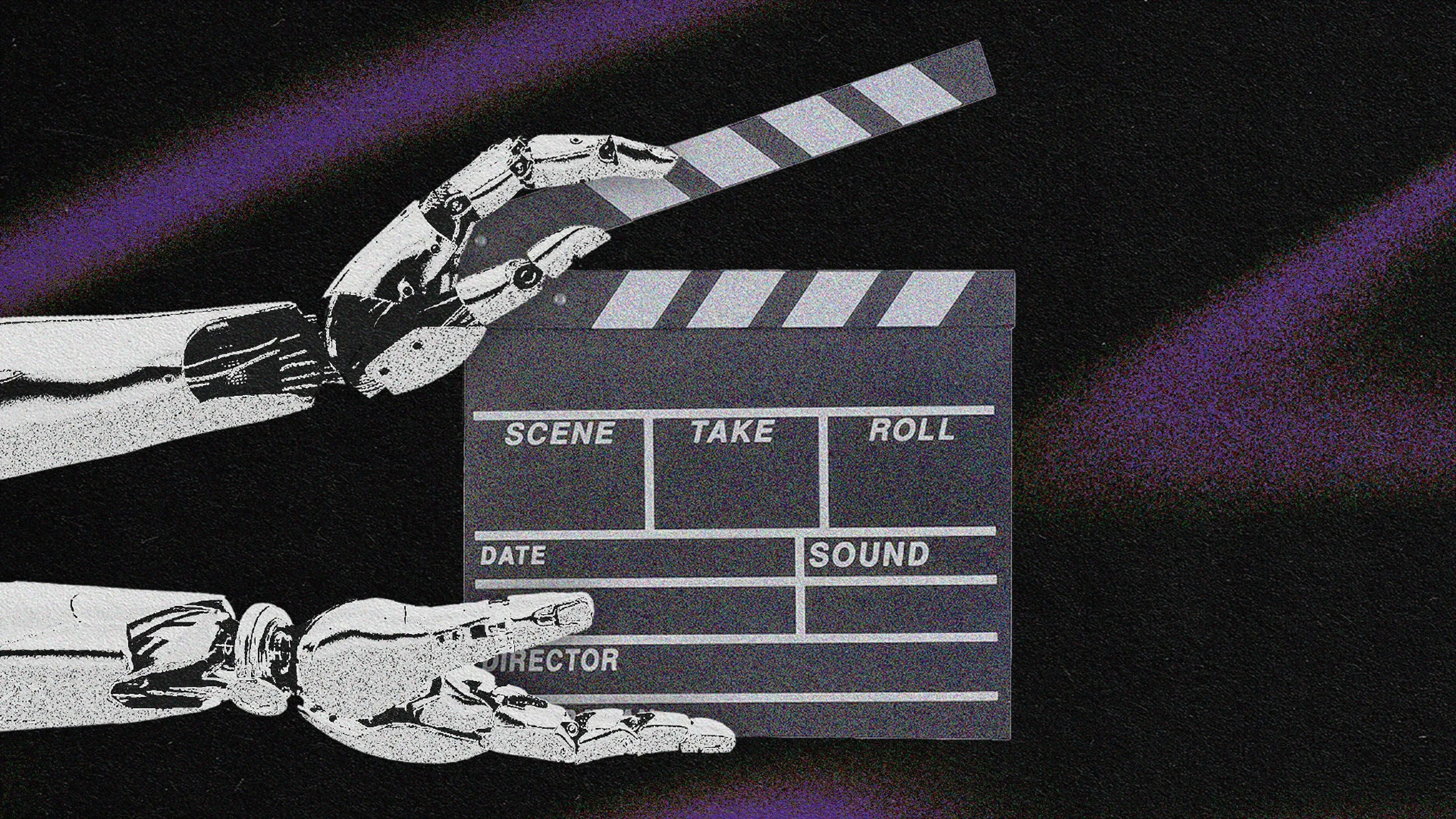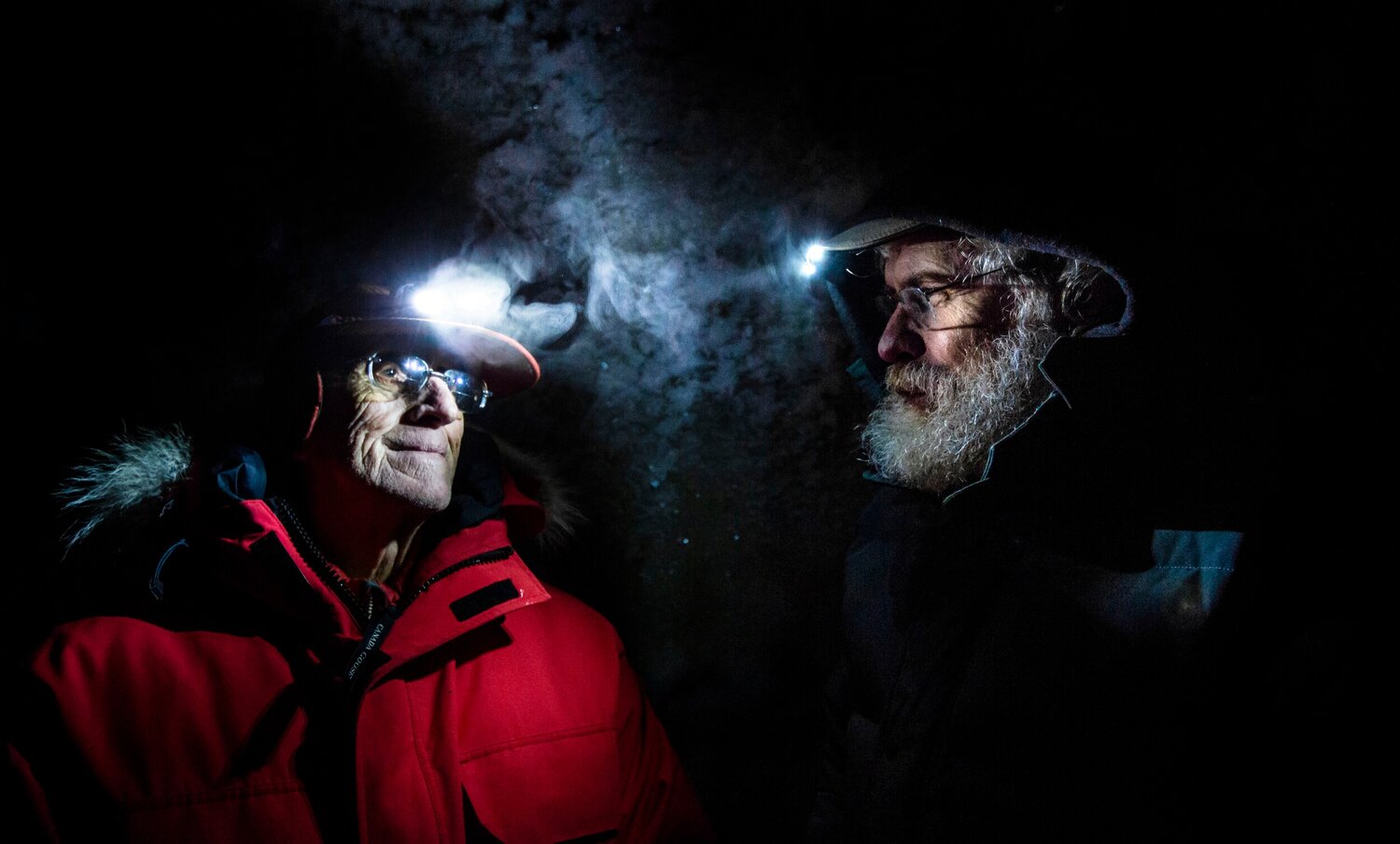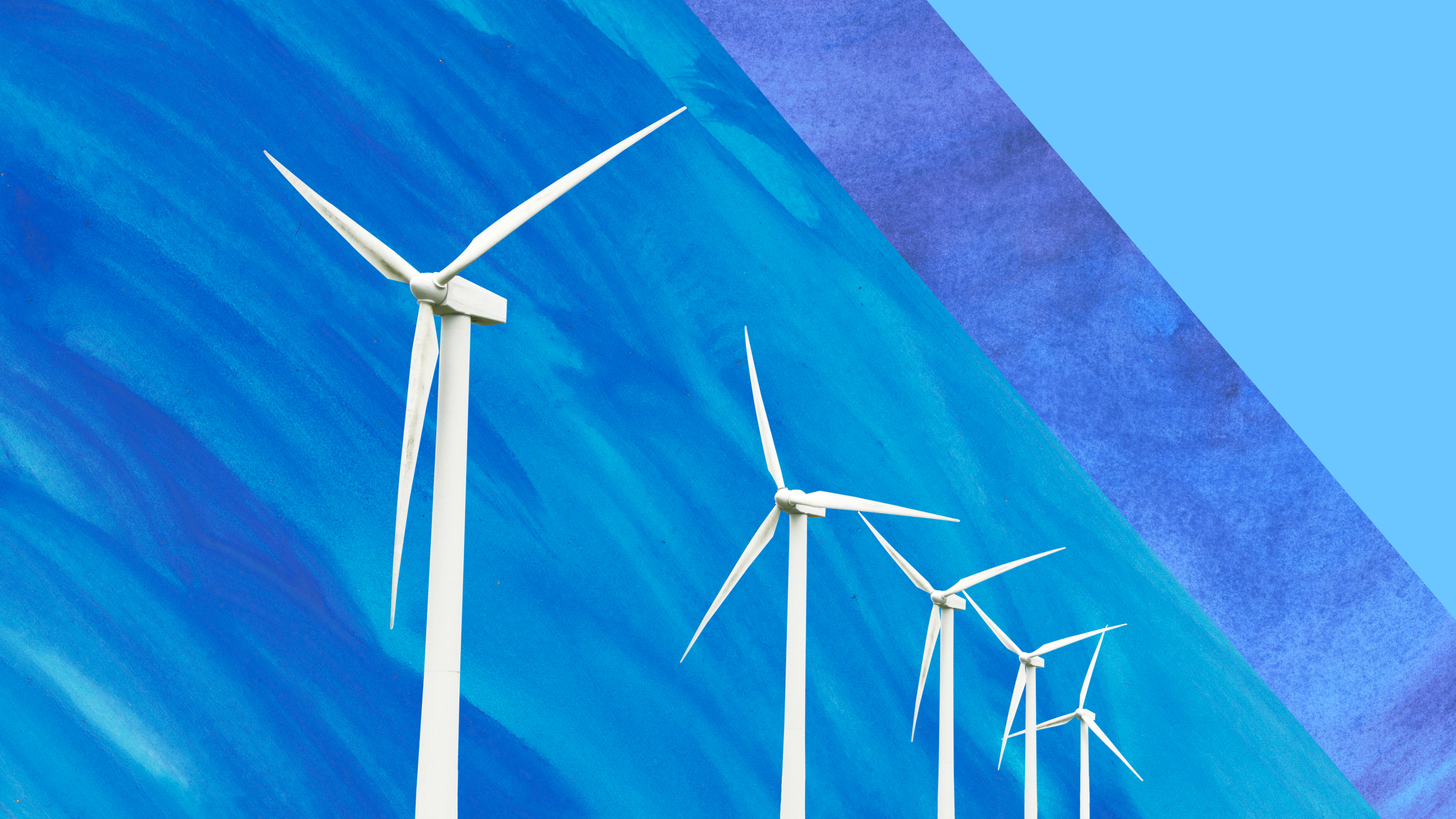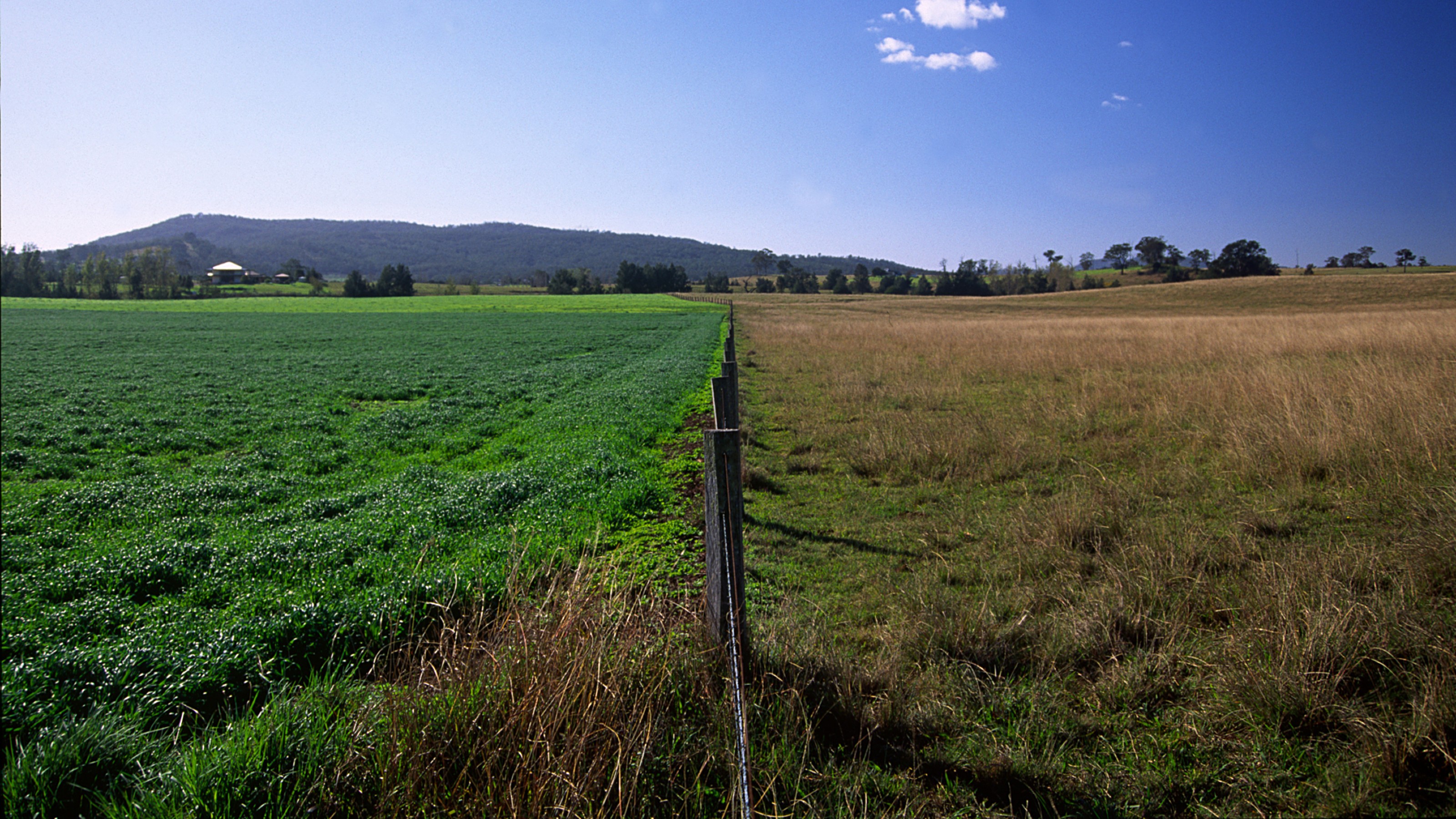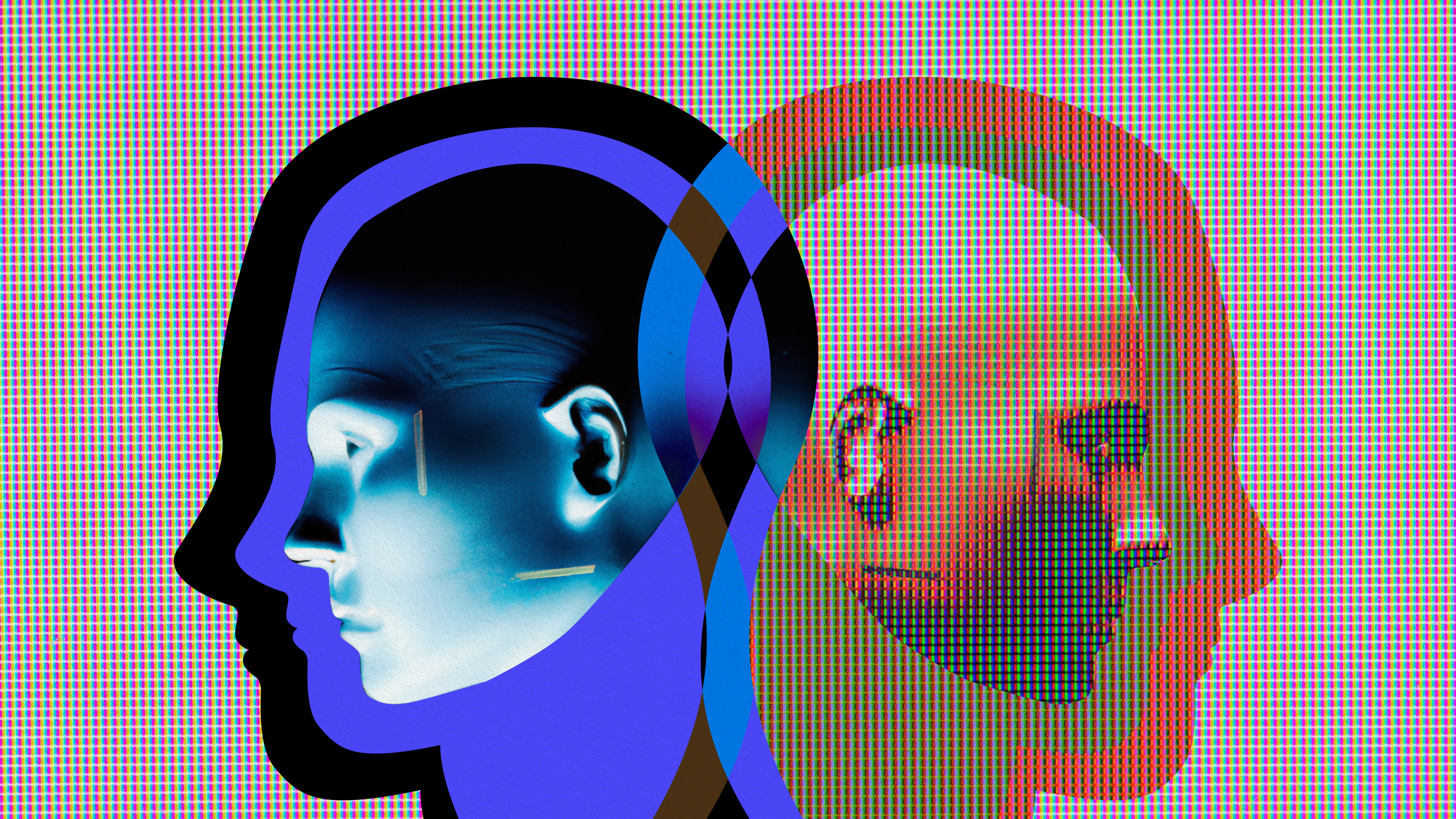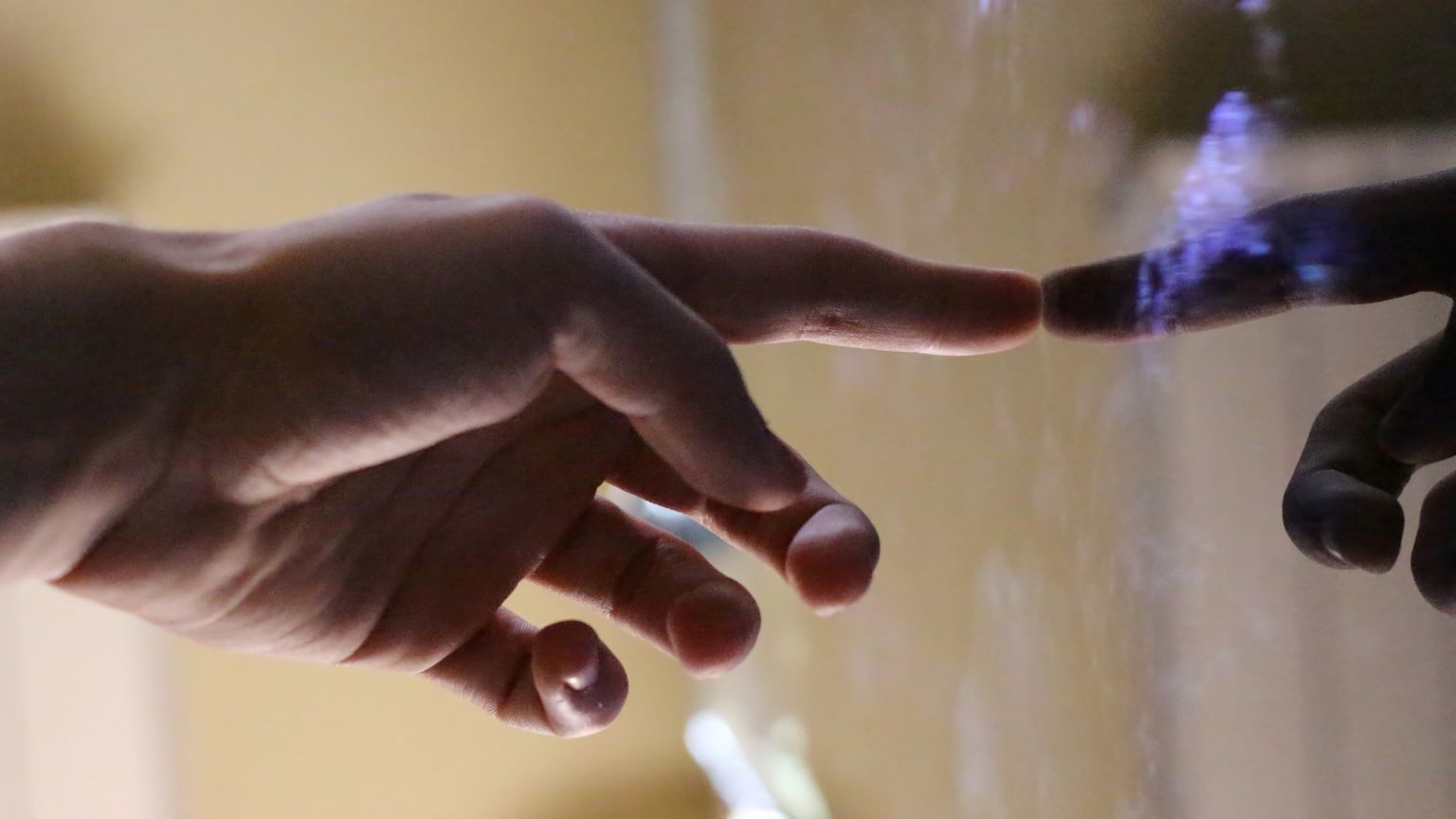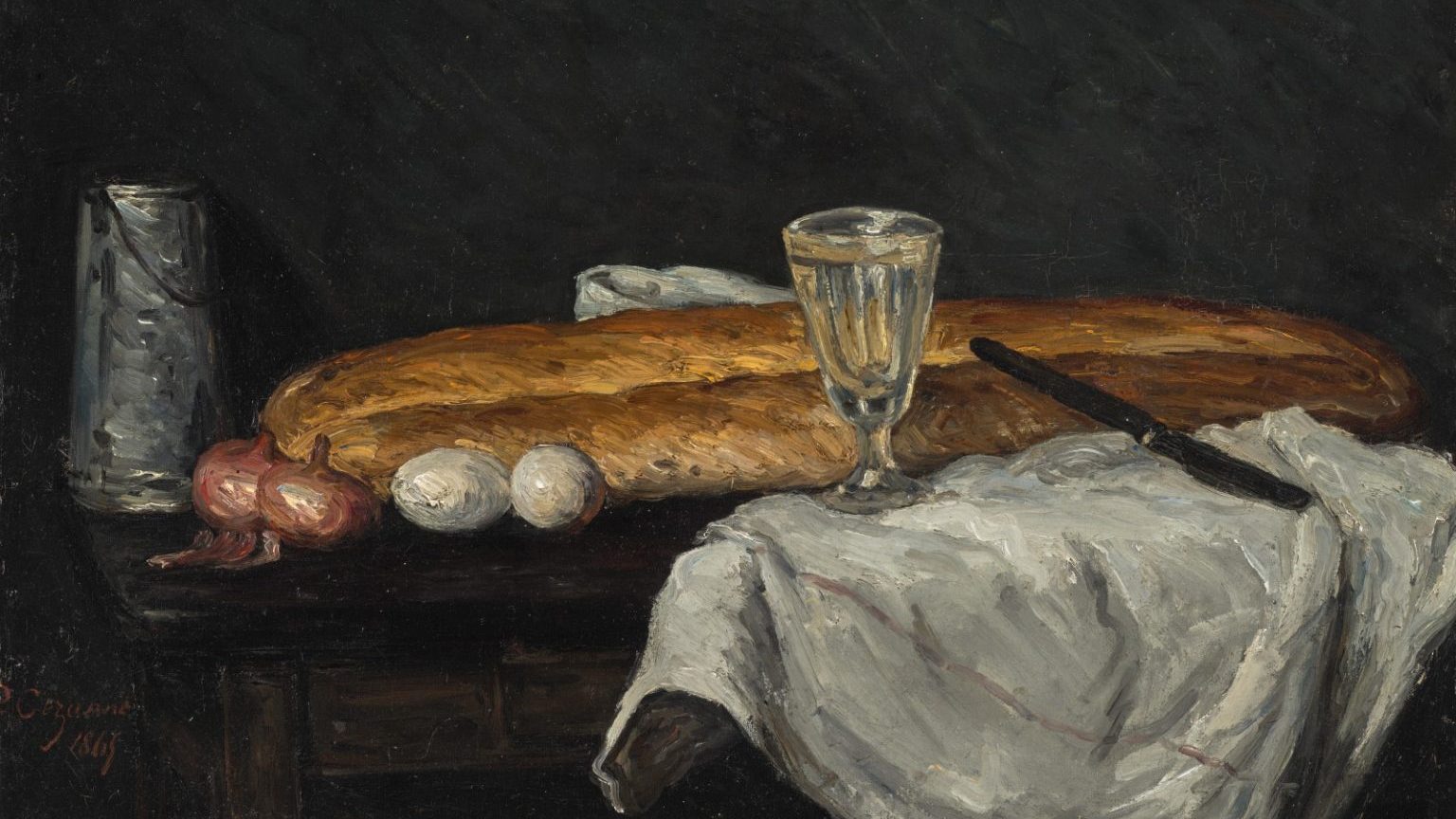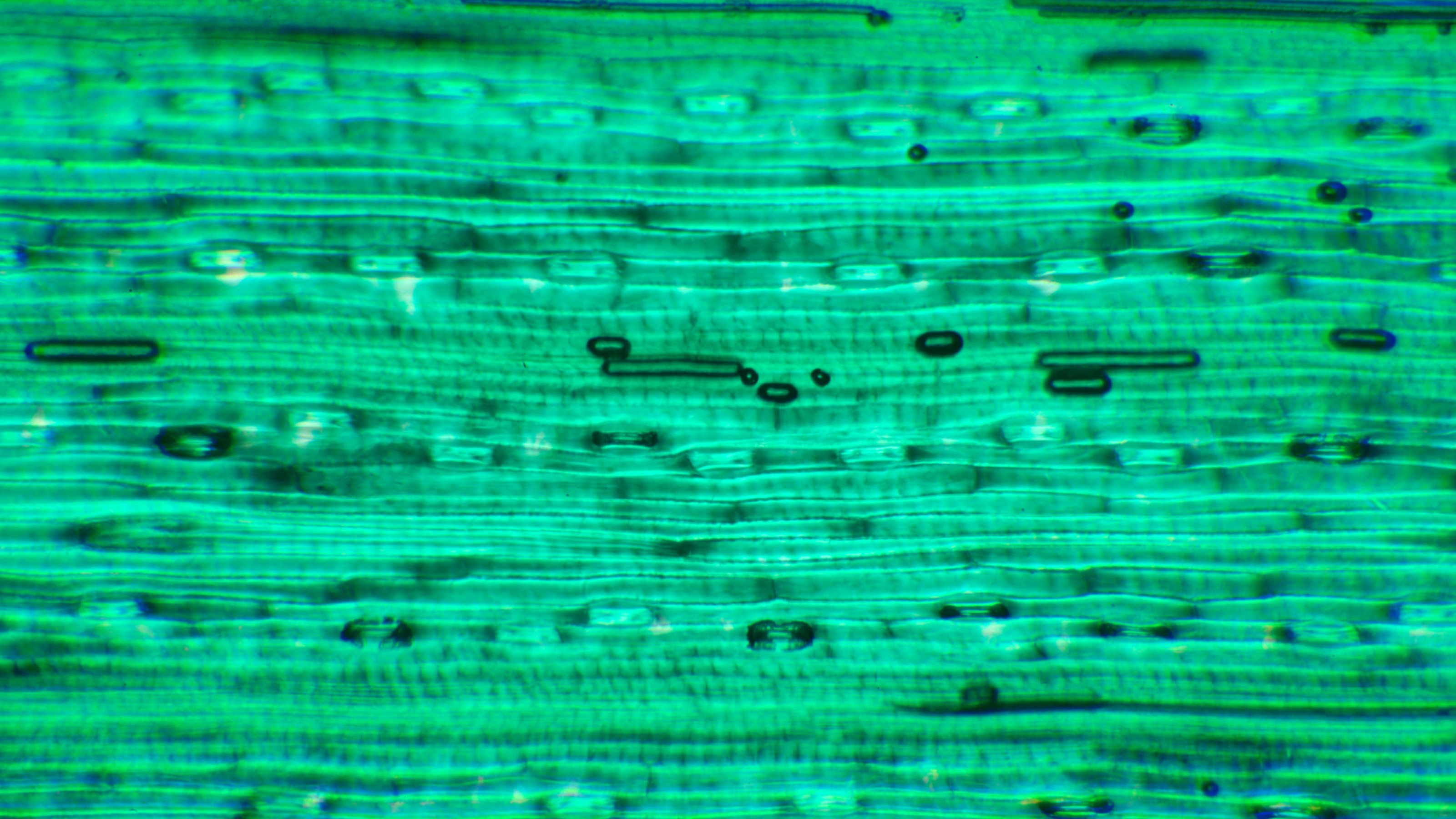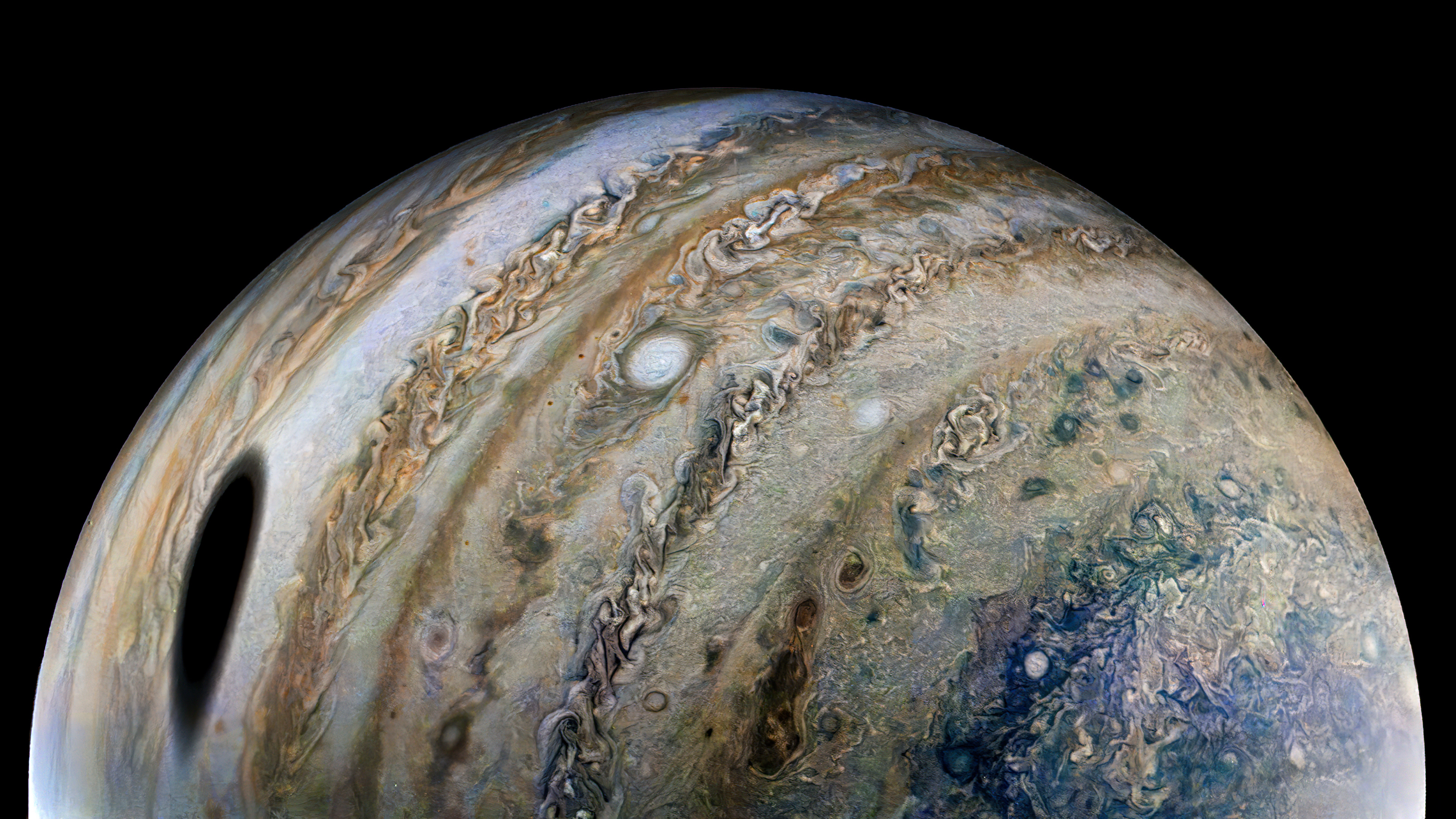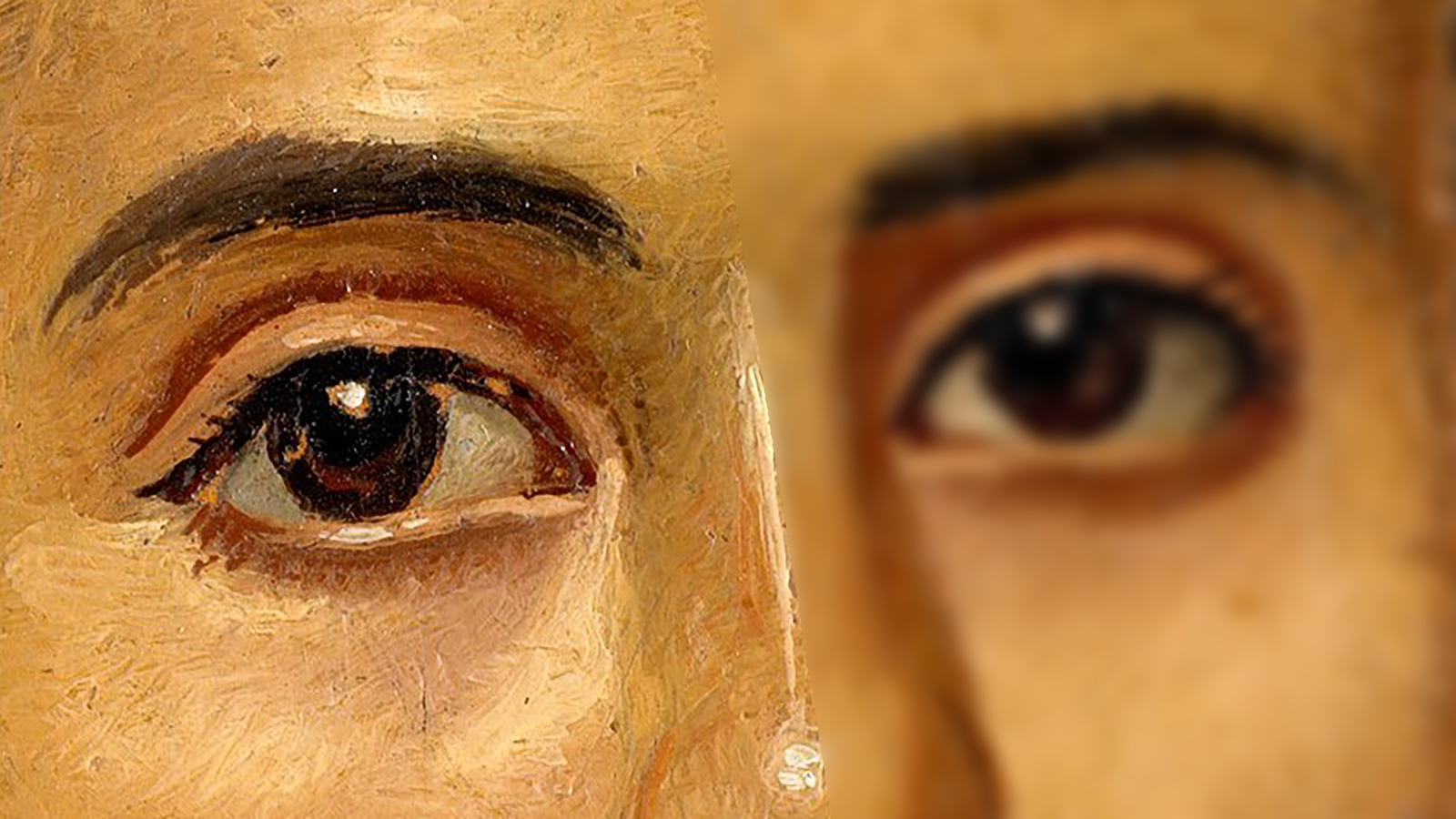Making up false information is one of the biggest problems with AI, but there are no silver-bullet solutions.
Search Results
You searched for: Computers
The book “The Genesis Machine” outlines the promise and peril of synthetic biology, a powerful tool that will allow us to program life like a computer.
When AI eats its own product, it gets sick.
Skepticism is appropriate when gazing into the futurist’s crystal ball.
From the laying out of the body plan to the organization and functioning of our nervous system, cells rule gene expression and make us who and what we are.
AI-powered voice technology is poised to revolutionize the ways we do business.
The perfectly accessible, perfectly knowable Universe of classical physics is gone forever, no matter what interpretation you choose.
“A modern five-day forecast is as accurate as a one-day forecast in 1980.”
Our desire for recognition at work can lead to perilous ends.
Merely 256 genetically engineered mice could make an island’s pest population go extinct.
When it comes to spotting a lie, less is more.
Murmurations have no leader and follow no plan.
Until robots understand jokes and sarcasm, artificial general intelligence will remain in the realm of science fiction.
The outrage machine is fueled by toxicity. But there are practical steps that we can take to recapture control over our emotions.
Anxieties about being identified will be superseded by fears of being analyzed.
Freethink asks three different kinds of experts to answer this question.
An interview with filmmaker Jason Sussberg about his new film about Stewart Brand and the importance of culture in achieving progress.
Wind farms seem less productive when scientists incorporate more realistic atmospheric models into their output predictions.
From smartphone envy to life dissatisfaction, the root cause of much unhappiness is that we are wired to imagine how things could be better.
The idea that consciousness emerges naturally alongside intelligence could be an anthropocentric distortion.
With the right prompts, large language models can produce quality writing — and make us question the limits of human creativity.
Inspired by the shape of a New Caledonian crow’s beak, researchers created a new 3D-printed prototype of tweezers.
Can electrical stimulation meaningfully substitute for natural touch during a complex task in the real world? We think so.
An X-ray offers a glimpse into the painter’s early years.
Plants at room temperature show properties we had only seen near absolute zero.
Does donating relieve that anxiety? Or make it worse?
Big Think spoke with AI expert Nick Jennings about the future of regulating fast-evolving AI.
Are you a video gaming master? Put it on your résumé.
The classic picture of Jupiter’s great rocky core might be entirely wrong.
When you can’t enter flow, you can still lean on your internal rhythm.
